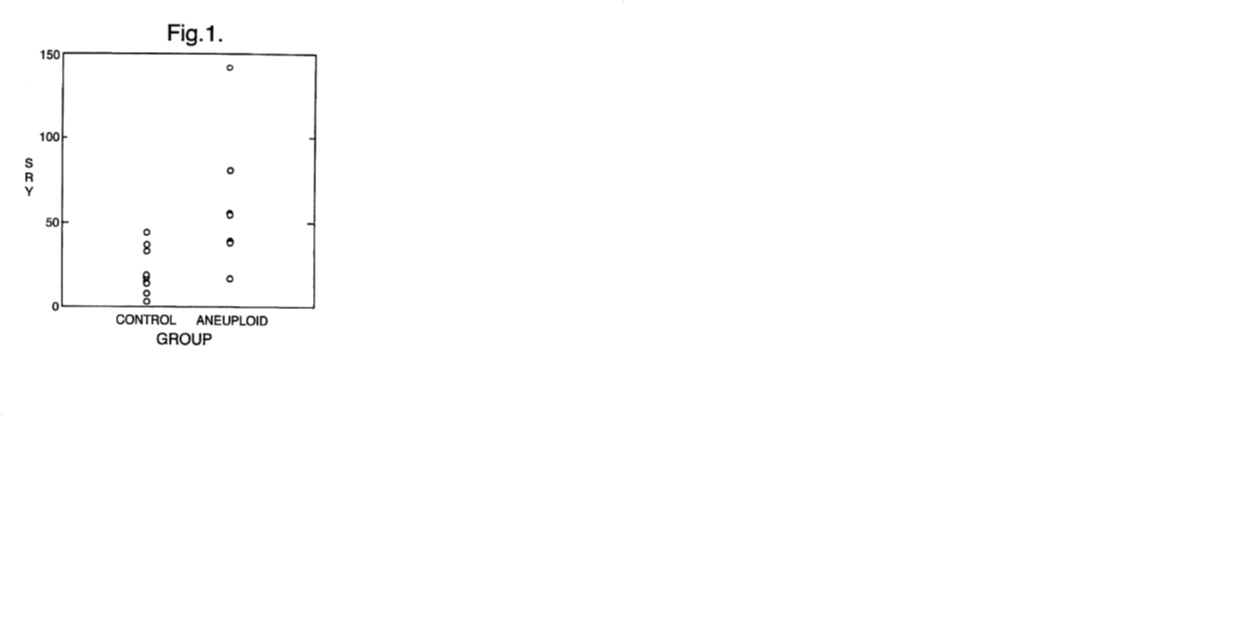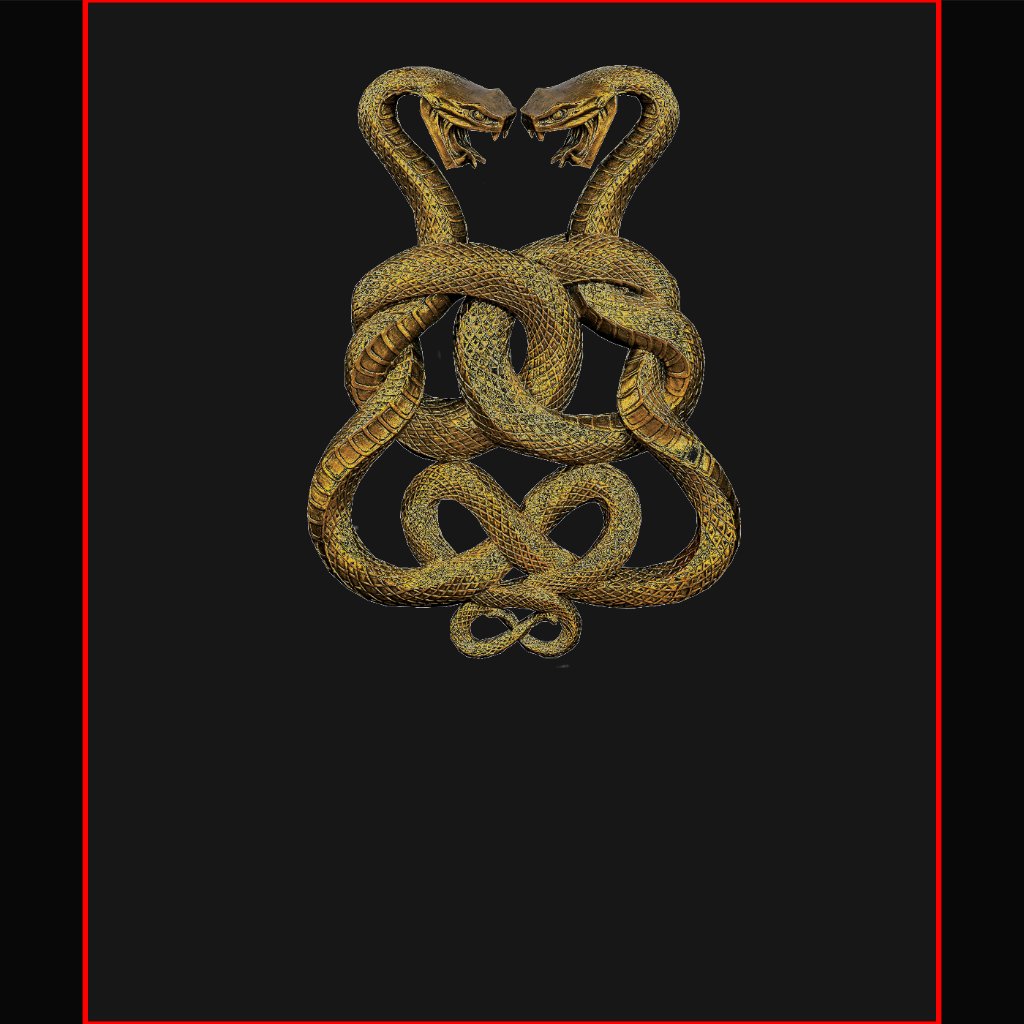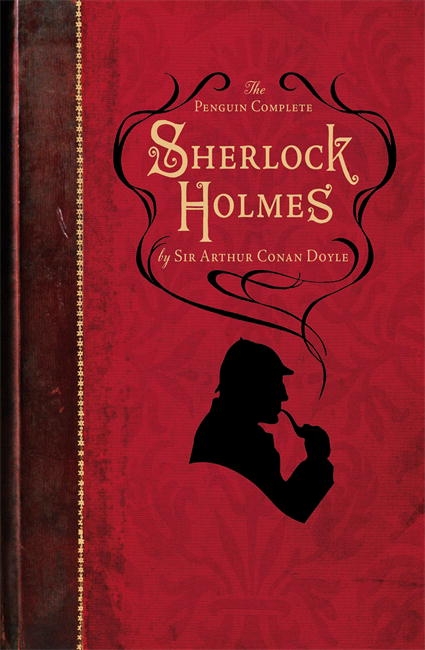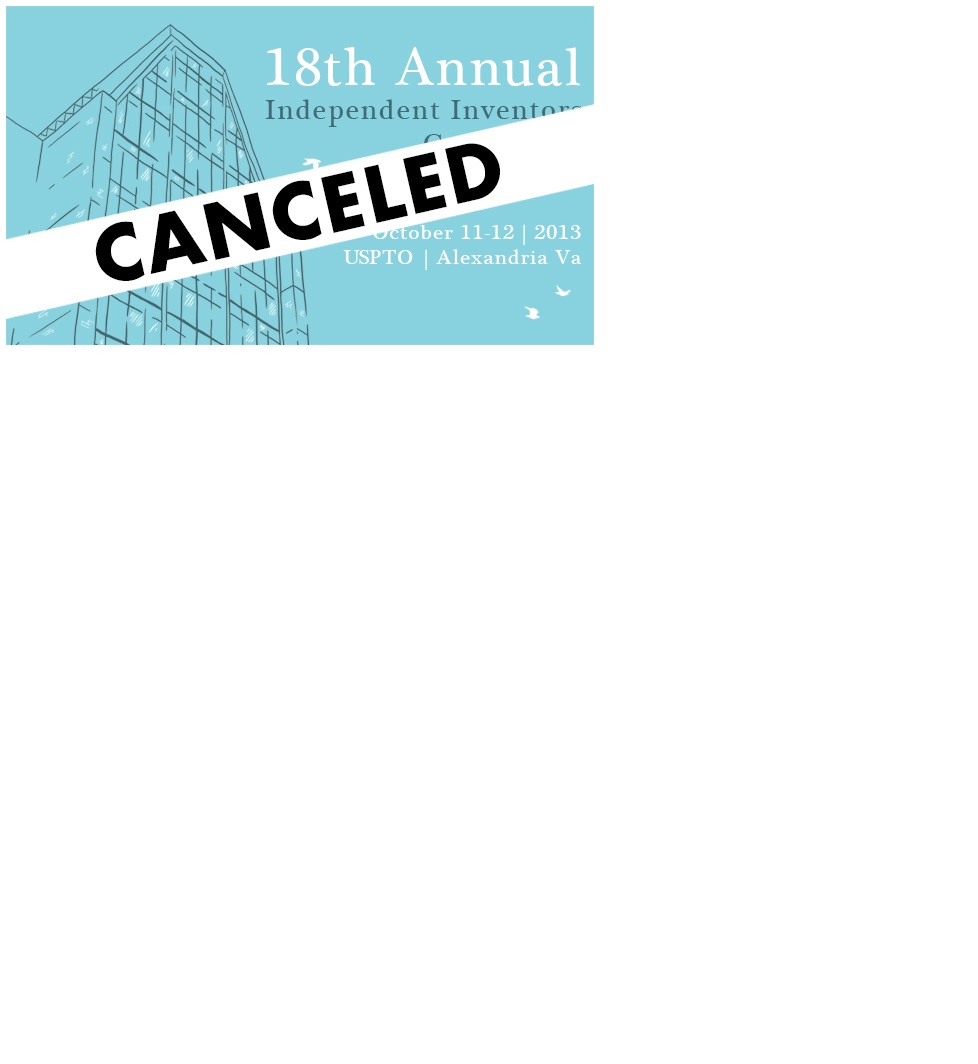PROVIDENCE, R.I. — A U.S. District Court judge ruled Friday that he will allow a lawsuit claiming discount retailer BJ’s Wholesale Club and a group of distributors defrauded the high-profile Alex and Ani jewelry company.
In a 25-page ruling released Friday, U.S. District Court Judge William E. Smith dismissed attempts by BJ’s and the distributors to have the case dismissed. The ruling stems from a lawsuit Alex and Ani filed in late 2013 when the Rhode Island company discovered some of its popular bracelets on sale at BJ’s stores in Rhode Island and Massachusetts.
Cranston-based Alex and Ani claimed the distributors obtained some 26,000 pieces of its popular “positive-energy” jewelry improperly and at heavily discounted prices in what the judge described as “this bewildering ballad of bungled bangle banditry.”
Alex and Ani sells its popular bracelets and other jewelry at its own stores and through agreements with other retailers and distributors around the world.
Smith notes that, before Alex and Ani will affiliate with another company “it employs a rigorous screening process to ensure that jewelry is displayed in a manner that preserves (Alex and Ani’s) premiere-level brand.”
Alex and Ani on Monday afternoon released the following statement through spokesman Gregg Perry: “We are pleased with the decision by the Court allowing this lawsuit to go forward against all of the defendants. The company will continue to vigorously defend and protect the Alex and Ani brand and we will turn to the courts to do so when we believe the facts, such as those in this case, require us to do so. Alex and Ani looks forward to presenting its case in full before the Court.”
The company asserts that its goods came to BJ’s through a fraudulent scheme concocted by people trying to satisfy a BJ’s representative’s request for Alex and Ani goods.
In addition to BJ’s, the lawsuit names Elite Level Consulting LLC, Travis J. Brody, J. Jonathan Weiss, Luxury Business Jets LLC, Roxy Inc., Genesis Sales Corp., JJ & M Corp.
Alex and Ani claims these middlemen duped them by claiming the goods would be handed out as gifts during a prestigious horse riding competition in Florida known as the Wellington Classic Fall Challenge and at the Austin Film Festival.
In the end, Brody and Elite bought 26,668 pieces of jewelry with a retail value of nearly $1 million for $250,000. The goods ended up in BJ’s, where they were sold at discounts.
Alex and Ani asserts BJ’s continued to sell the jewelry even after Alex and Ani notified the Massachusetts discounter that the goods had been obtained fraudulently.
In seeking to get the case dismissed, Smith wrote, Roxy, Genesis and JJM “stack arguments . . . like so many Alex and Ani bracelets upon the outstretched arm of a trendy woman.”
While dismissing some of Alex and Ani’s claims, Smith decided to let case proceed.

Posted Jan. 28, 2014 @ 10:17 am
Updated Jan 28, 2014 at 10:21 AM
Alex and Ani claims that the local store’s bracelets – made by North Attleborough company Nori Fundraising Concepts – violate the company’s patent and are knockoff products.The store started selling the charm bracelets in September, when employee and 2005 North Attleborough High School graduate Christopher Wynn came up with the idea.Alex and Ani alleges that Northeast Jewelers is violating its 2004 patent for expandable wire bracelets.”I’m confident this one will be successful as well,” he said. “But we’ll leave that up to the professionals.””I’m not concerned at all,” Northeast’s Wynn said. “They’ve got nothing on us. They’re just trying to push the smaller guy around and bully us. But we’re not going to roll over.””We were a small operation working out of a basement as recently as 2010, so I don’t know what he’s talking about,” Feroce said. “Our hard work is what has made us successful, so if he’s saying our hard work should be ignored he’s out of touch with how I think most Americans would feel.””People have been coming out of the woodwork to bring us patents from the 1960s and 1970s that show that similar bracelets have been made locally for a long time,” he said. “We’re happy about the public reaction, with everyone rooting us on.””Everything they’re doing is in direct contrast to how we operate,” he said. “We’ve created between 3,000 and 4,000 jobs in southeastern New England and we’ve done a lot of good for the community. We certainly have a tremendous amount of local support.””We’re not here to start a fight,” he said. “We’re just trying to do a good thing. We’re not making millions here; we’re just trying to do some good in the world.””We donate millions of dollars, that’s what we’re all about,” he said. “So for him to hide behind a charity like this is despicable in my opinion. He’s just trying to make money on the back of the hard work of others.”Feroce is also accusing Northeast Jewelers of not paying Alex and Ani when the store carried its products years ago.Krauss said he thought his relationship with Feroce was amicable until recently, and he said Alex and Ani shouldn’t be using patent law to come after him now due to underlying issues.Krauss said this lawsuit reveals the true nature of Alex and Ani.Wynn said he will continue to go forward with expanding the fundraising line, and he has been encouraged by the public’s response to the concept.Wynn said the store will still have some retail and will continue to repair jewelry and buy gold on site, but the focus will be on Nori products.
-
- “We’ve done no marketing,” he said. “And it’s still growing, with colleges and schools from all over the country calling us. We had no idea how popular this would be. We wanted to help North Attleborough’s schools, and it just blew up on social media.”
- “Other companies make the exact same bracelets in the area, and they’re not going after them,” Krauss said. “Why would he be trying to bury us? Just because he’s angry that he forgave our debt and now we’re seeing some success? That’s horrible. He forgave my debt to help my business get back on its feet, and now that we’re back on our feet he’s trying to take us down?”
- “I have nothing to hide,” he said. “He forgave my debt because I was having business difficulties and my wife was disabled, and we came close to losing our house. When all of that happened I thought Alex and Ani was a great company and I really appreciated what they did. But now they’re trying to make everything worse, and that’s a horrible thing to do.”
- “This was a non-paying retail customer who I forgave,” he said. “I could have sued them. So for him to turn around and create this kind of local chaos is despicable.”
- This dispute between the two companies goes deeper than a mere patent lawsuit.
- Feroce said Alex and Ani has also donated to charity in the past couple of years through its Charity by Design program.
- Wynn said it’s surprising Alex and Ani came after his company for two reasons: first, all the jewelry is made offsite, and second, his company is giving proceeds to charity.
- Feroce said his company also has a lot of local support.
- Wynn said the community has rallied to support his local business.
- Feroce said he was offended by his company being called a bully.
- Northeast Jewelers president Stephen Krauss said similar bracelets have been around for decades, so he hopes to prove that Northeast doesn’t infringe on Alex and Ani’s patent, and the patent may in fact be invalid.
- Alex and Ani CEO Giovanni Feroce said his company has fought countless similar patent lawsuits, and has won every single one.
- Now, less than five months later, the fundraising line has expanded to the point that the company is removing its retail line and almost exclusively becoming a wholesaler for Nori bracelets.
- Northeast Jewelers sells around 100 different charm bracelets, each emblazoned with the logo of a school or charitable organization. A portion of each sale goes to the specified organization.
- Downtown business Northeast Jewelers is planning to fight a lawsuit brought by jewelry giant Alex and Ani.
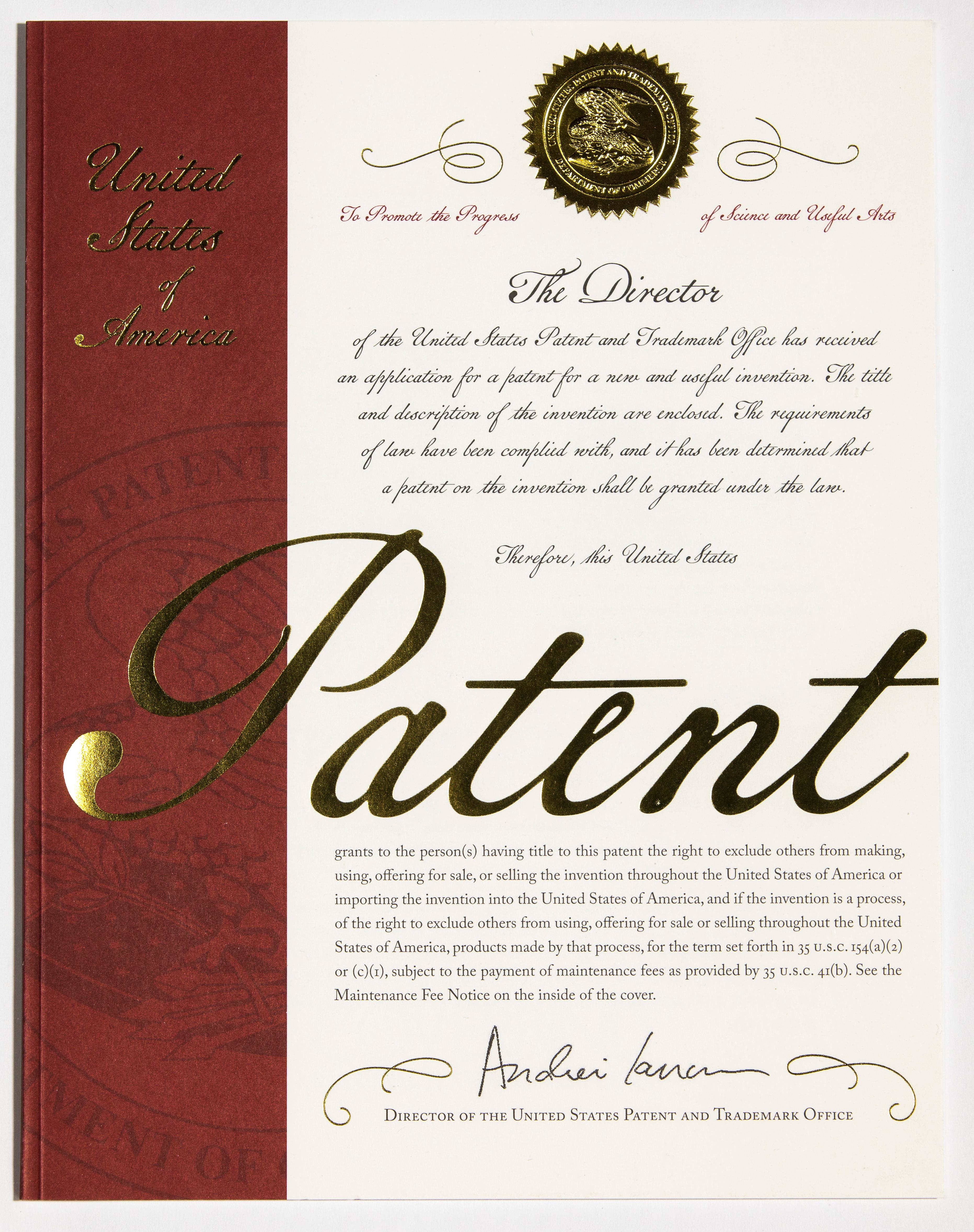 For only the second time in a hundred years, the United States Patent and Trademark Office (USPTO) has redesigned the patent grant cover. Often decorated with an iconic ribbon and seal, patent covers are what are generally thought of as the physical award document issued to inventors.
For only the second time in a hundred years, the United States Patent and Trademark Office (USPTO) has redesigned the patent grant cover. Often decorated with an iconic ribbon and seal, patent covers are what are generally thought of as the physical award document issued to inventors.
